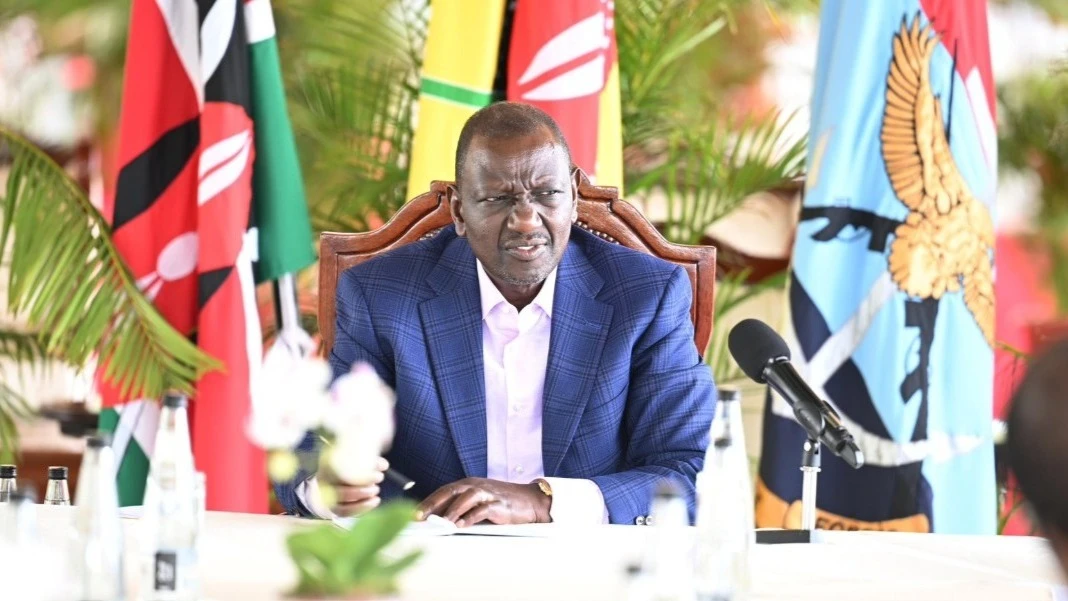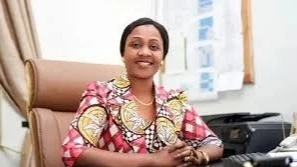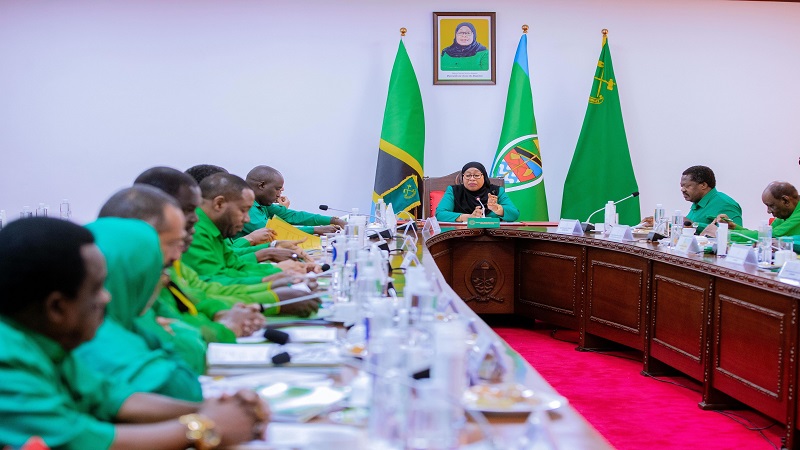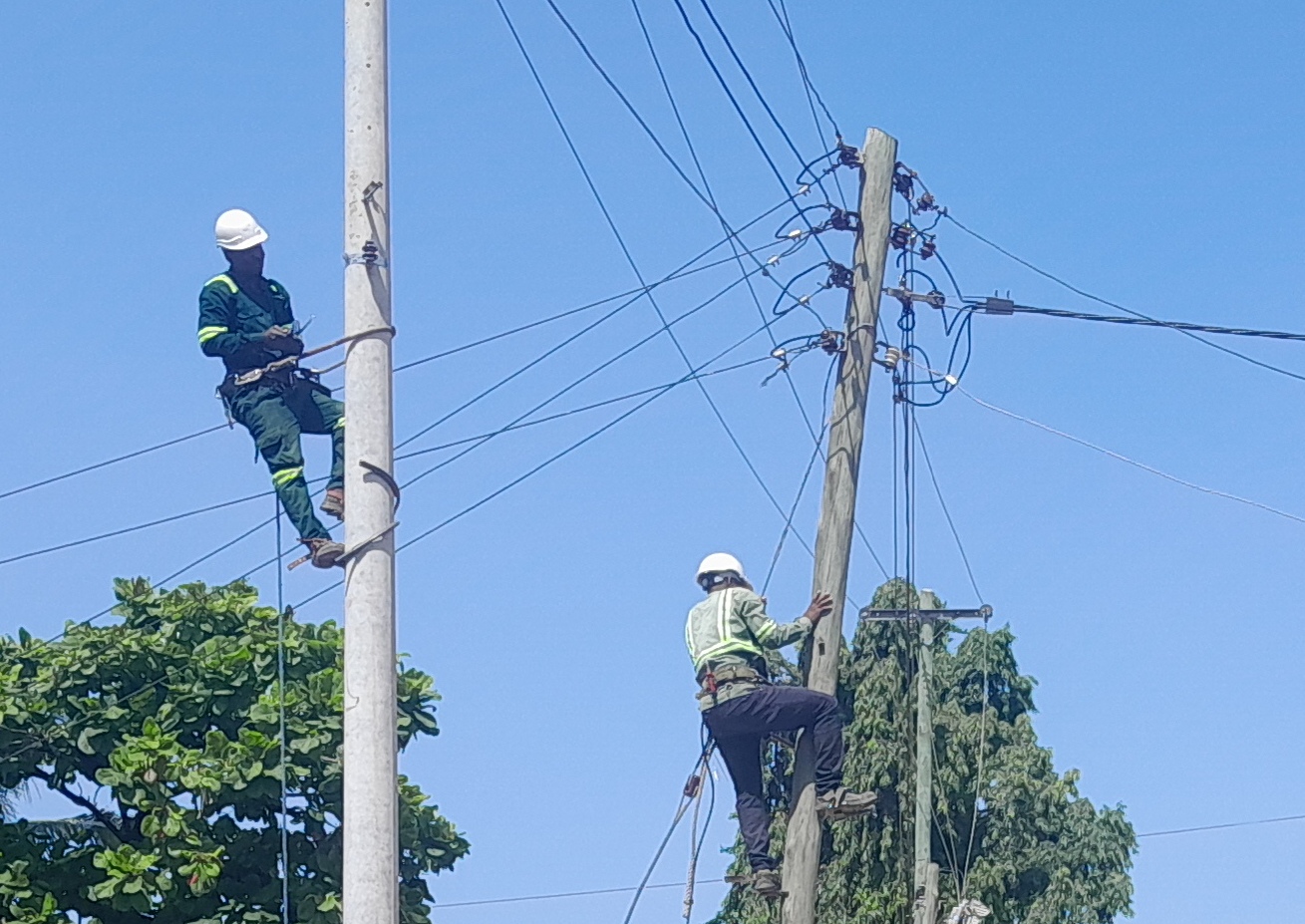Increased marriage cases straining welfare abilities’

MARRIAGE disputes have emerged as a growing national concern, with recent official data showing a sharp increase in cases handled through the social welfare system.
Dr Dorothy Gwajima, the Community Development, Gender, Women and Special Groups minister, made this observation when delivering fiscal 2025/26 estimates in the National Assembly yesterday.
She disclosed that 97,234 marriage-related cases were recorded by April 2025—more than triple the 31,380 cases reported during the same period in the previous financial year.
A total of 81,820 were resolved at the community level, while 15,414 showed escalation and landed in courts for appropriate legal action, she said.
Growing public awareness and trust in the country’s social protection mechanisms explain the trend rather than a sudden spike in family breakdowns, she stated.
“This trend reflects increased community confidence in reporting domestic conflict and violence, enabled by stronger social services and public education,” she asserted.
National campaigns like the presidential legal aid campaign and the deployment of community development officers across the country had improved access to justice and welfare support services, she said.
Up to 10,782 children were rescued from street environments from July 2024 to April 2025, while efforts to strengthen child protection were beefed up by rolling out standard operating procedures (SOPs) for street-connected children, the minister noted.
The ministry set up 11 help desks at major bus terminals and ports across 10 regions, including Dodoma, Mbeya, Dar es Salaam, and Tabora.
Efforts to curb gender-based violence have also yielded modest gains, with rape cases declining by 6.3 percent—from 8,185 in 2023 to 7,670 in 2024. Incidents of defilement also dropped by 19 percent over the same period.
Despite these achievements, several legislators voiced concern that the data may conceal deeper societal problems.
Kinondoni MP, Abbas Tarimba noted an alarming rise in sexual abuse cases in his constituency, talking of a rise from s one case per month and now it’s weekly. Many go unreported or are settled quietly. There’s a culture of silence—justice is often delayed or denied.”
Dr Thea Ntara (Special Seats) took aim at the outdated Marriage Act, which critics say permits marriage once a girl starts feminine cycles, asserting that feminine periods don’t amount to maturity.
Promised legal reforms need to be expedited, she said, citing a recent case in which a father is believed to have raped his daughter and caused her death, Action is needed before more lives are lost, she stated. Prof Shukrani Manya (Nominated) emphasized the importance of family values, appealing for the revival of moral education in households.
“A strong nation is built on strong families rooted in love, knowledge and values,” he said, demanding wider awareness campaigns for nutritional benefits found in local foods such as pumpkin seeds, rich in zinc and selenium.
The 76.05bn/- estimates are geared towards-community-driven development with grassroots participation in local projects, plus expanding services for gender equality and vulnerable groups.
It also seeks to strengthen support and legal responses against gender-based violence, promoting financial independence and supporting family stability and child development, the minister explained. She stressed improved learning environments in community development training institutes and greater NGO engagement in national development.
Fatma Toufiq, the chairperson of the Social Welfare and Community Development standing committee of the National Assembly, urged the government to improve follow-up and encourage NGOs to pay fees on time to increase revenues. Current fee structures for NGOs were too high and the government needs to explore the potential upward revision.
Esther Matiko (Special Seats-Opposition) warned that child protection laws remain ineffective on the ground, citing recent abuse cases in Tarime District, Mara Region as evidence of weak enforcement. “Laws are in place but enforcement is lacking. Children remain unsafe and communities feel abandoned,” she added.
Top Headlines
© 2025 IPPMEDIA.COM. ALL RIGHTS RESERVED






















